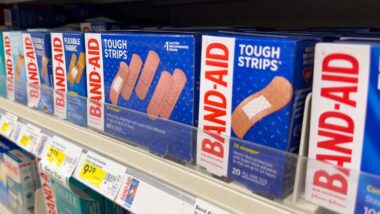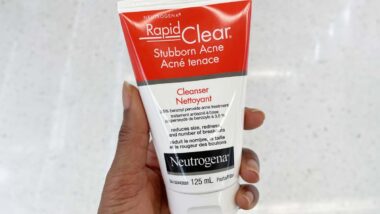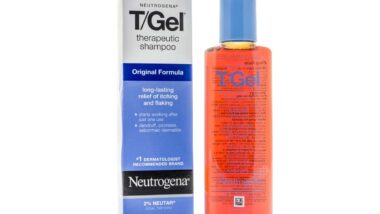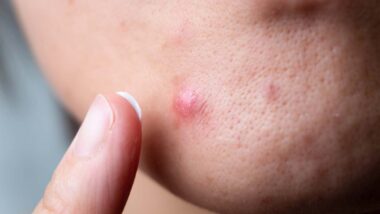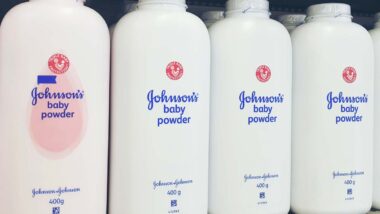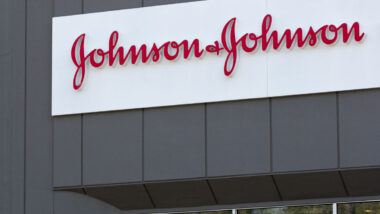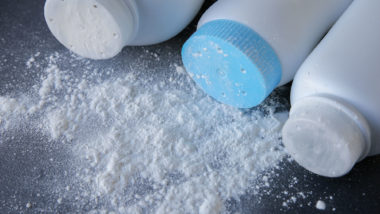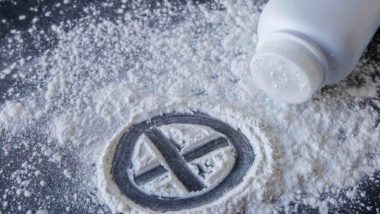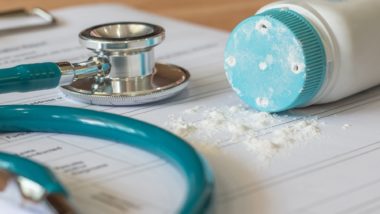Top Class Actions’s website and social media posts use affiliate links. If you make a purchase using such links, we may receive a commission, but it will not result in any additional charges to you. Please review our Affiliate Link Disclosure for more information.

Plaintiff Jimmie D. says he began taking Invokana in January 2016 to control his blood sugar levels. He says he began to suffer diabetic ketoacidosis (DKA) in March 2017.
Jimmie now alleges his diabetic ketoacidosis complications were caused by the Invokana he took. He accuses Janssen Pharmaceuticals of failing to provide a proper warning about the link between Invokana and DKA.
FDA-approved in March 2013, Invokana (canagliflozin) ushered in a new class of drugs known as SGLT2 inhibitors, which are primarily used to treat type-2 diabetes by stopping glucose from becoming reabsorbed into the blood. Instead, the excess glucose is excreted through the kidneys and out of the body through the urine.
Invokana’s action is effective at controlling blood sugar levels, but places additional stress on the kidneys of a population already at an increased risk of kidney disease.
In fact, the FDA adverse event database indicates patients taking Invokana are many times more apt to report severe kidney damage than patients taking drugs that are not in the SGLT2 family.
Invokana and Diabetic Ketoacidosis Complications Allegedly Hidden
According to plaintiffs like Jimmie, Invokana manufacturer and Johnson & Johnson subsidiary Janssen Pharmaceuticals allegedly hid the drug’s risks because it generated annual sales of more than $1 billion.
Invokana’s diabetic ketoacidosis complications are especially dangerous because the drug can keep the patient’s blood sugar level below 250 mg/kl, which is the threshold often used in diagnosing DKA. Because Invokana-induced DKA can take longer to diagnose, the delay in treatment increases the risk of injury to the patient.
Type-1 diabetes patients are much more apt to develop diabetic ketoacidosis complications than type-2 diabetes patients, which is another reason the condition can take longer to diagnose. It’s simply not expected.
Signs of Invokana and DKA onset include difficulty breathing, nausea, vomiting, confusion, extreme fatigue and abdominal pain.
According to the FDA, the median time between starting Invokana and DKA development is two weeks.
The diabetic ketoacidosis complications lawsuit contends that “Invokana has dangerous propensities when used as intended and can cause serious injuries, including stroke, heart attack, ketoacidosis, and severe kidney damage.”
Janssen allegedly should have been aware that Invokana could cause diabetic ketoacidosis complications, which Jimmie claims rendered it “unreasonably unsafe for its intended purpose.”
Janssen allegedly “fraudulently concealed” information pertaining to the drug and the substantial risks of using the medication as directed. In fact, Invokana was allegedly marketed as a safer alternative than other medicines on the market. Janssen ensured that any information contrary to that claim never became available to the public, according to Jimmie’s complaint.
The diabetic ketoacidosis complications lawsuit says that Janssen concealed, or at the very least did not disclose, the severity of the risks of using Invokana. Jimmie claims the concealment allegedly was intentional, and the representations made that the drug was a safe alternative over non-SLGPT2 inhibitors were intentionally false.
As a result, Janssen’s conduct allegedly “was reckless” because the company risked patients’ lives by not disclosing the risks of Invokana and DKA.
The Diabetic Ketoacidosis Complications Lawsuit is Case No. 3:18-cv-02368-BRM-LHG in the U.S. District Court for the District of New Jersey.
In general, Invokana and Invokamet lawsuits are filed individually by each plaintiff and are not class actions.
Do YOU have a legal claim? Fill out the form on this page now for a free, immediate, and confidential case evaluation. The attorneys who work with Top Class Actions will contact you if you qualify to let you know if an individual lawsuit or class action lawsuit is best for you. Hurry — statutes of limitations may apply.
ATTORNEY ADVERTISING
Top Class Actions is a Proud Member of the American Bar Association
LEGAL INFORMATION IS NOT LEGAL ADVICE
Top Class Actions Legal Statement
©2008 – 2024 Top Class Actions® LLC
Various Trademarks held by their respective owners
This website is not intended for viewing or usage by European Union citizens.
Get Help – It’s Free
Join a Free Invokana Class Action Lawsuit Investigation
If you or a loved one suffered ketoacidosis or lower extremity amputation after taking Invokana, Invokamet, or Invokamet XR, you may have a legal claim. See if you qualify to pursue compensation and join a free diabetes medication class action lawsuit investigation by submitting your information for a free case evaluation.
An attorney will contact you if you qualify to discuss the details of your potential case.
Please Note: If you want to participate in this investigation, it is imperative that you reply to the law firm if they call or email you. Failing to do so may result in you not getting signed up as a client, if you qualify, or getting you dropped as a client.
Oops! We could not locate your form.


